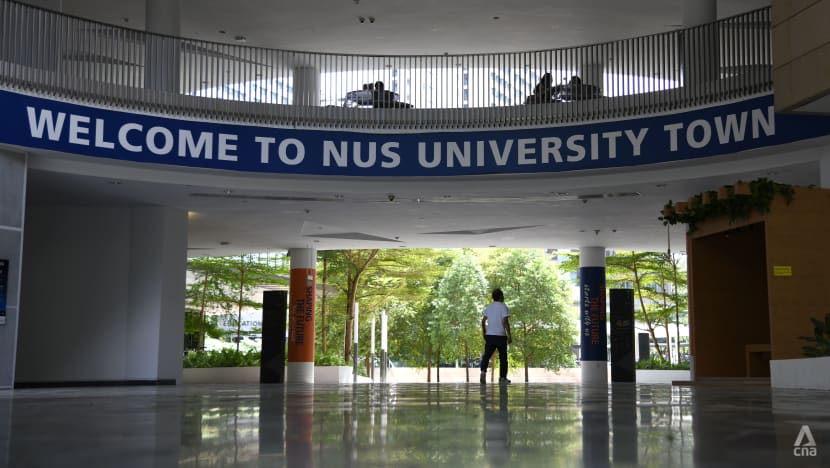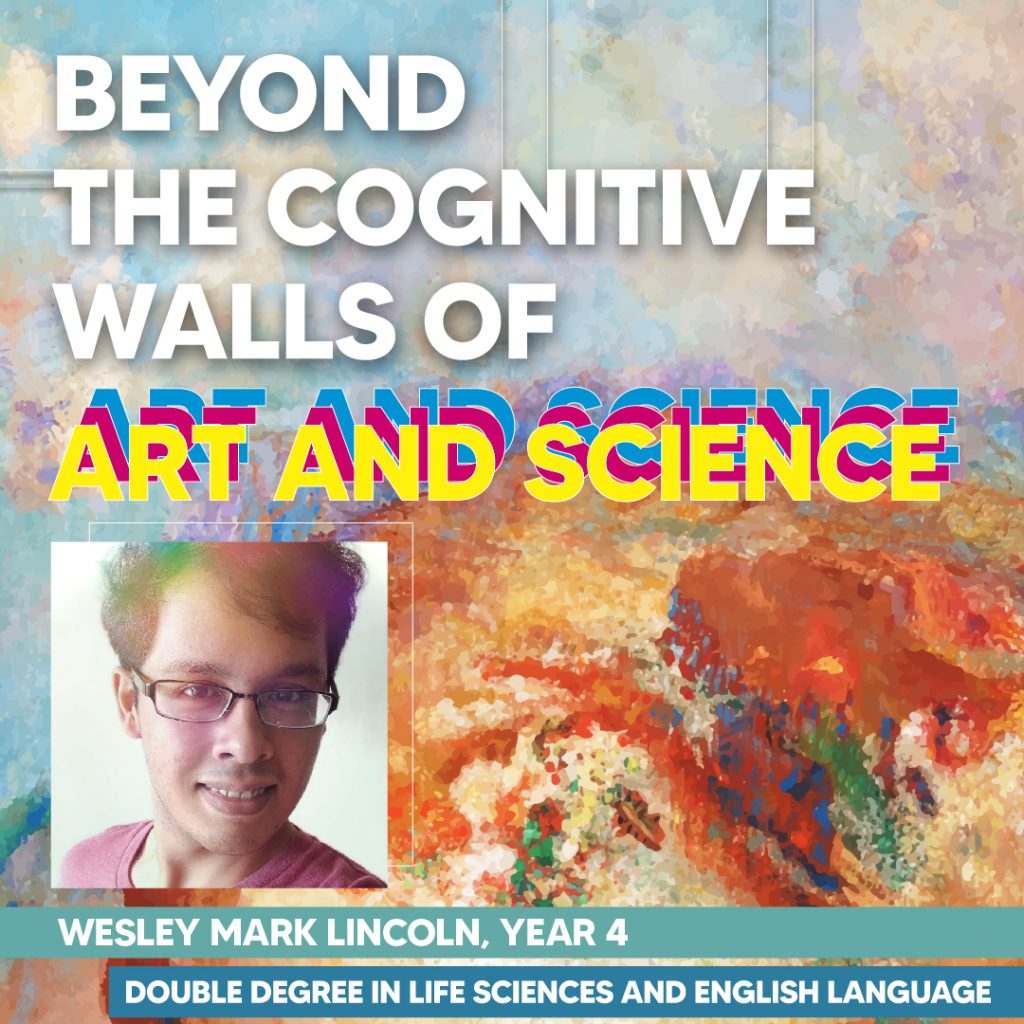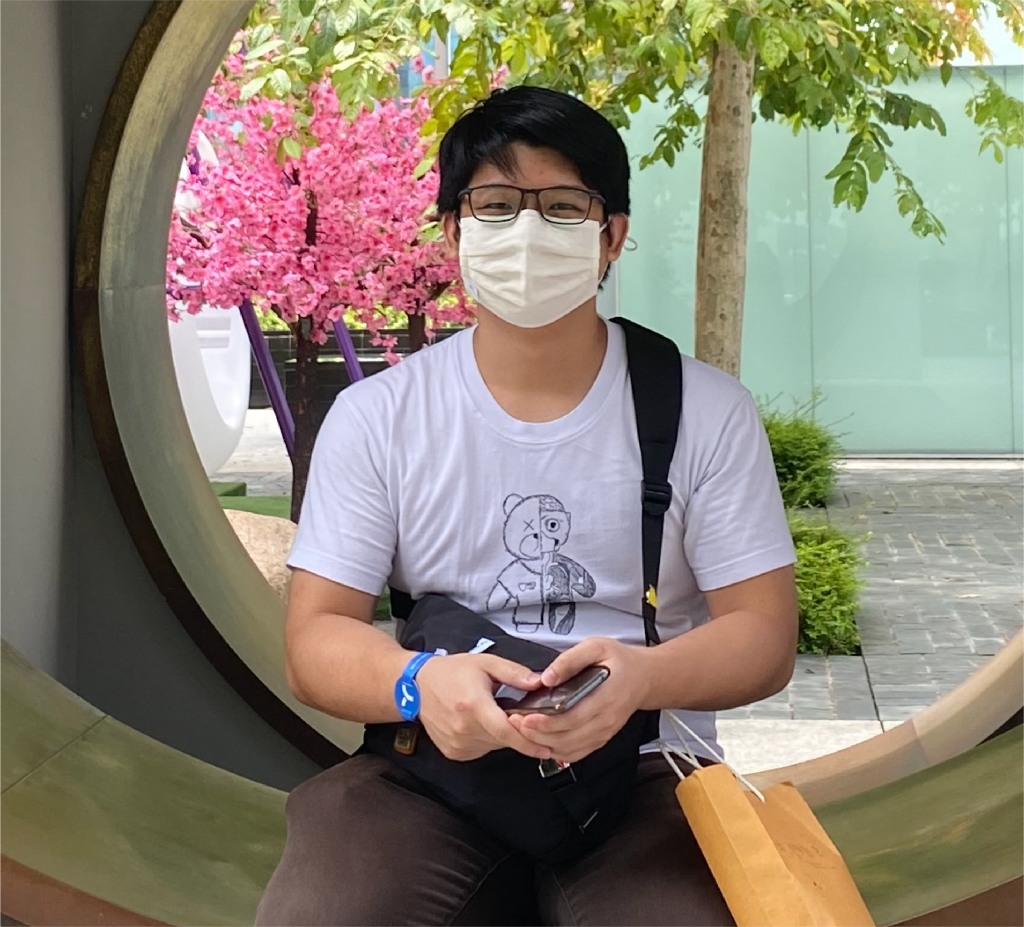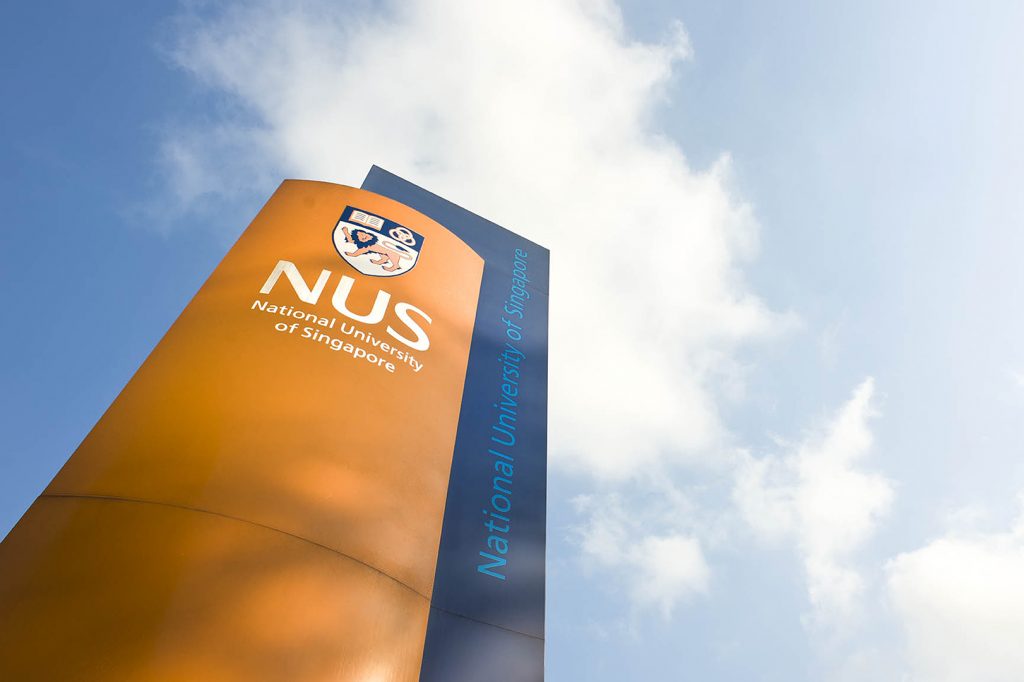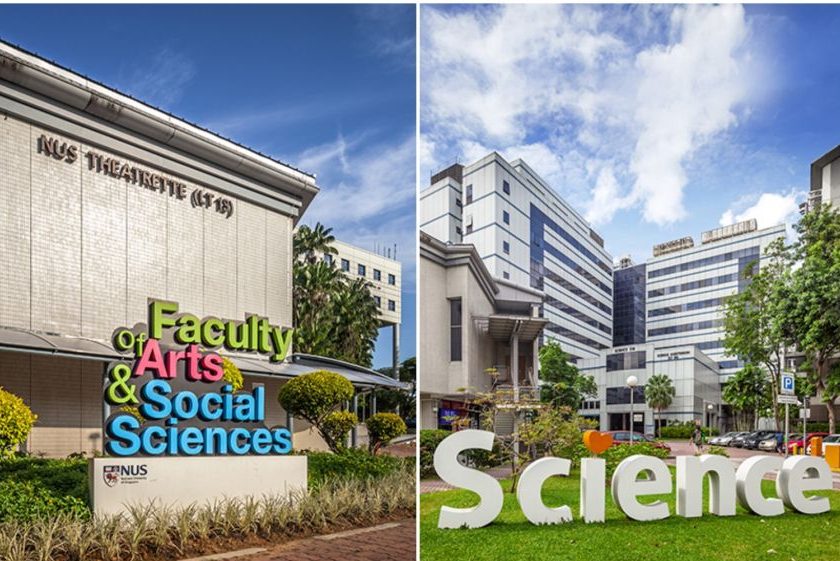File photo of a man entering the National University of Singapore University Town. (Photo: Calvin Oh) SINGAPORE: The National University …
Local universities looking to resume overseas exchange programmes from Jan 2022 Read More »
Traditionally, art and science were perceived as two separate disciplines. But when they are studied together, the impact one has on …
Luke-John LEE, Year 3 (Major in Chemistry, Minor in Psychology), got a firsthand glimpse into Singapore’s food security efforts, the …
“The tutorials have been engaging and I have found the breakout sessions useful as everyone could voice their thoughts. There …
Learning and Questioning: The Human Condition | Tay Jing Xuan Read More »
“The interesting part of HSH1000 The Human Condition is that it is a hybrid module. It infuses some aspects of …
Understanding the Complexities of Being Human | Wong Yi Hao Read More »
You may ask “What is the link between Mathematics, Geosciences and Geographical Information Systems (GIS)?” For Year 4 Mathematics student, …
Connecting the Dots Between Maths and Geography | Edmil Chue Read More »
The National University of Singapore (NUS) has risen four places to emerge 21st in the latest Times Higher Education (THE) World University Rankings 2022. This is the best showing by NUS, and Singapore, since the rankings started in 2010. The University also retains its position as the third best university in Asia.
The success of eSTEER Israel has paved the way for other virtual immersion programmes to prepare students for the resumption of the University’s global initiatives. Since the long-standing programme commenced in 2010, over 1,000 students have participated in STEER’s thematic programmes for learning about emerging regions.
In this new chapter of higher education in Singapore, success will depend on how all involved find the right balance in managing inherent tensions – between passion and ability, between breadth and depth, and, for CHS students, between the arts and the sciences.
Dr Adrian W. J. Kuah and Ms Katrina Tan (Arts and Social Sciences ’98) reflect on how the higher learning experience of the future may transcend the campus setting — and why it should.


